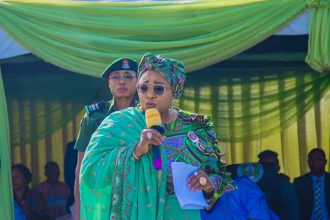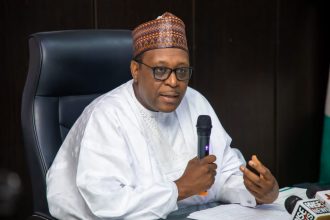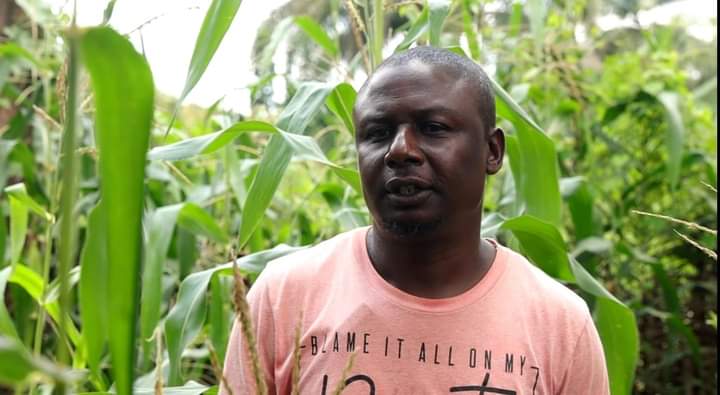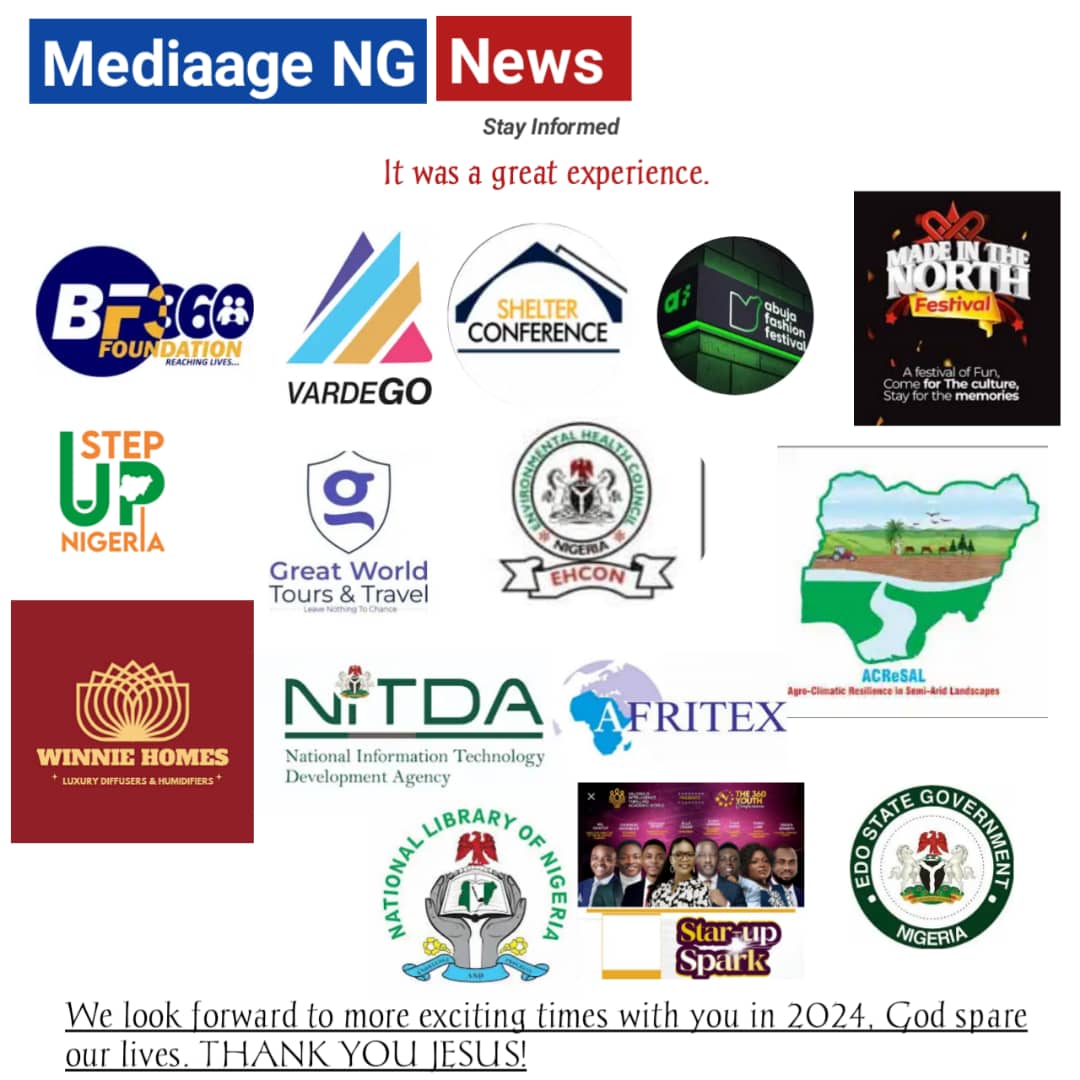“We had little food and a lot of challenges because of poverty – and absolutely no knowledge of dry season farming.”
Yakubu Suleiman was one of many farmers in Ankpa and Kabba Bunu Local Government Areas (LGAs) in Kogi State who had rivers flowing near their land but no idea of how to irrigate.
Dependent on just one rainfed crop a year, he was unable to ensure even two meals a day for his family, leaving them unemployed, hungry and poor for most of the year. Unable to pay school fees, children of school-going age were out of school, working menial jobs or hawking goods to earn money for the family.
ACReSAL
In December 2023, the Kogi State Project Management Unit (SPMU) of the World Bank-supported Agro-Climatic Resilience in Semi-Arid Landscapes (ACReSAL) project of the Government of Nigeria stepped in.
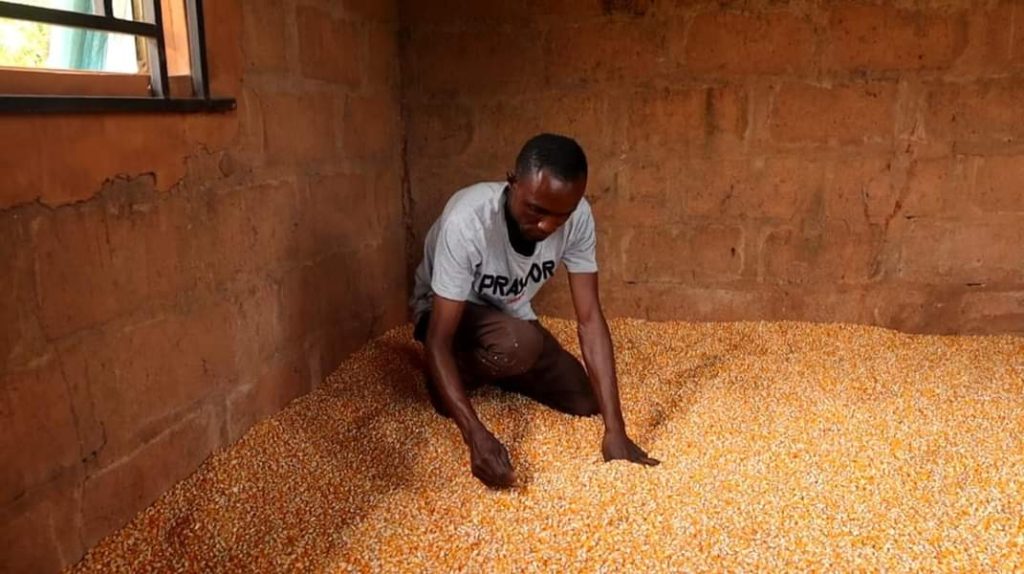
Aware of the plight of these communities, the SPMU held a stakeholders’ meeting and identified 150 farmers (of which 17 were women) from the four communities of Mabolo, Offejiji and Ogaji in Ankpa LGA and Okeola/Otu in Kabba Bunu LGA, who showed interest in learning how to do irrigated farming during the dry season.
Community Interest Groups (CIGs) were formed, with 17 members in Mabolo, Offejiji, and Ogaji, in Ankpa LGA, and 50 members in Kabba Bunu. A total of 5.3 ha was obtained by the CIG groups in Ankpa LGA, and 4.25 ha by those in Kabba LGA. These smallholder farmers planted only hybrid maize on their plots, which averaged around 0.1 hectares in Ankpa and 0.085 ha in Kabba Bunu.
ACReSAL helped in the land preparation, engaged a consultant to guide them through their first dry season of farming, organized a training on irrigated and climate-smart maize cultivation, and provided them with farm inputs which included seedlings, knapsack sprayers, organic fertilizers, pesticides, safety boots and gloves.
The Impact
“We used to produce two 100 kg bags of maize per hectare; but this time we produced ten bags!” Mr. Obasaju of the Kabba Bunu CIG captured the essence of the impact on farmers’ yields after the harvest in April 2024. After setting aside the seeds needed for replanting, the 150 farmers had enough maize for their families to eat, and even to sell in the local market.
Apart from farmers, around 1400 household members, workers and transporters (850 women and 550 men) also benefited indirectly from the intervention. Even after just one season, residents in all four communities can glimpse a better future with multiple harvests, food around the year, higher incomes, more jobs, better livelihoods, and less hunger and poverty.
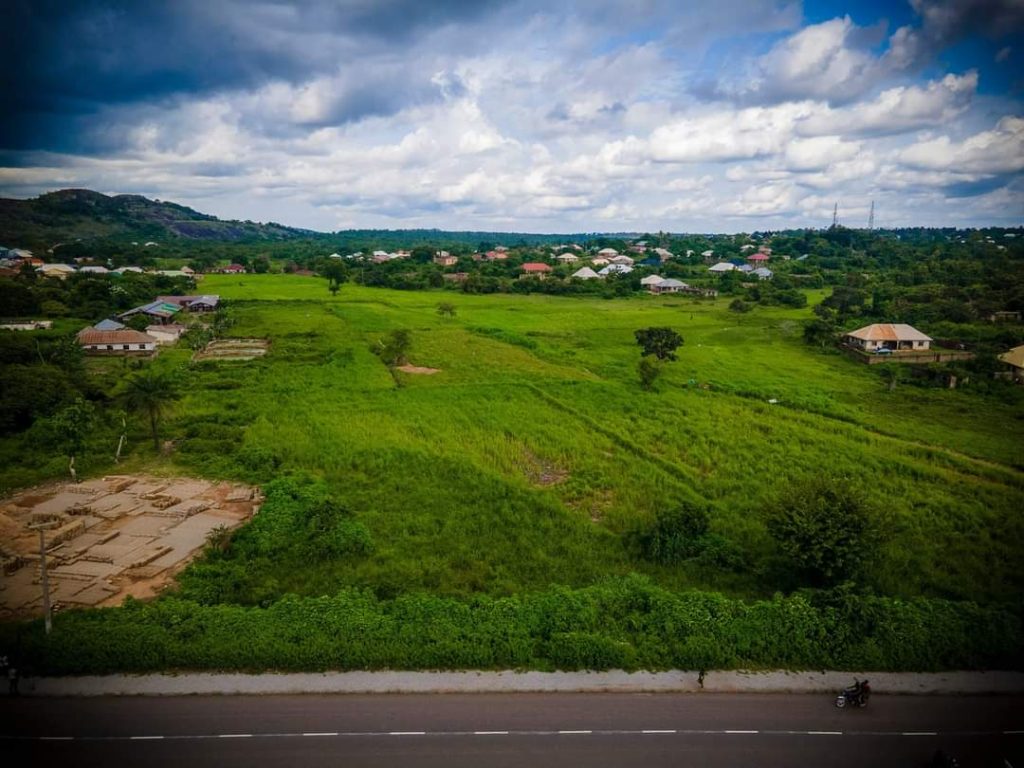
Such job and food security, enhanced awareness, knowledge and capacities, and greater earning potential will of course enhance their resilience against future climate change, but a lot more needs to be done to achieve such a vision. Production needs to increase, which means greater effort, while even sustaining these gains will mean more attention to basics.What next?
The local communities have realized the value of the agricultural inputs that the project has provided for free. The CIGs have arranged to safeguard their new farm implements and pumping machine and reserved maize seeds from their harvest for next season’s sowing. CIG members are contributing a token 300-500 Naira every week to pay for the operation and maintenance (O&M) of the irrigation channels, pump, sprayers and other equipment, in case any future repairs.
Their future plans include tractors, water pumps, drip irrigation, transportation tricycles, and storage silos.Apart from continued sensitization and capacity building, the ACReSAL SPMU in Kogi realizes that sustaining and expanding benefits requires them to procure additional water for dry-season irrigation – either from new borewells or from external sources.
Thus, there are plans to tap the rainwater channeled from the under-construction gully erosion control site at Etahi to the Aku-Obanyi river in the lower catchment. This will provide enough irrigation for dry season farming for at least some of these communities.
If successful, the model can be extended to other parts of Kogi state with water bodies that can support irrigation to nearby fields for dry-season agriculture.


